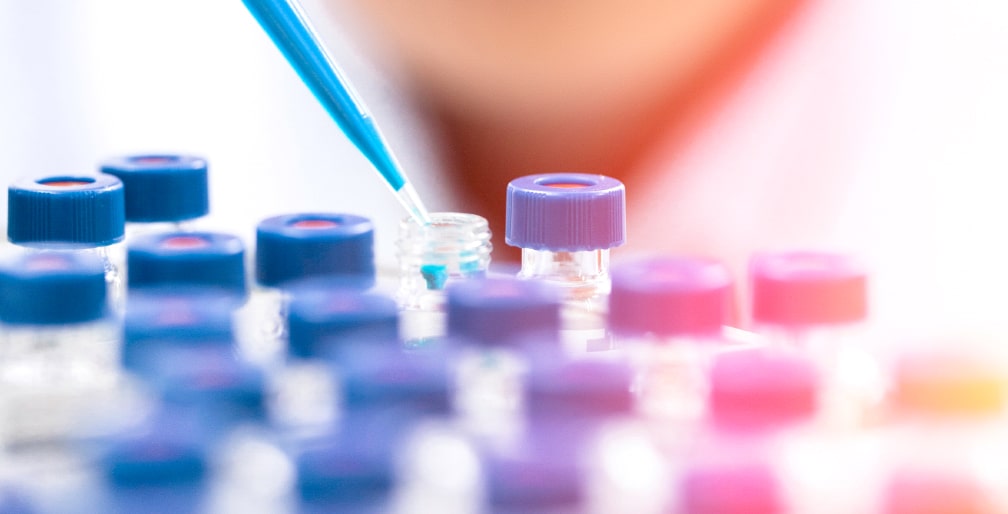The last decade has seen huge strides in genetic therapies that are fundamentally changing health, biotechnology and humanity as we know it.
“We now have the capacity to sort through the sequences of many genes at once—or even the whole genome as part of one test,” says Kathryn Garber, an associate professor at Emory University School of Medicine. “This has revolutionized our diagnostic
capabilities.”
The revolution continues. Companies like 23andMe have turned genetic testing services into a booming industry; the market is projected to hit $16.9 billion by 2025. Share on X Elysium Health, which uses genetic testing to personalize a cellular health regime, is just one of many companies attracting huge capital infusions. Another is Ginkgo Bioworks, which genetically engineers microbes and other organisms for application across a range of industries, from food to therapeutics.
“We now have the capacity to sort through the sequences of many genes at once—or even the whole genome as part of one test.”
—Kathryn Garber, associate professor, Emory University School of Medicine
Gene-altering technologies may offer the most awesome view of the future. Through groundbreaking tools like CRISPR and TALEN, scientists can now delete, add or replace any living organism’s DNA—bacteria, plant or human.
Take bananas, for example, says Dr. Joyce Van Eck, director of The Boyce Thompson Institute Center for Plant Biotechnology Research. CRISPR could create bananas resistant to a fungal disease threatening the fruit crop’s globally dominant Cavendish variety. “It affects farmers, their livelihoods and their families,” Dr. Van Eck says. “CRISPR could help save the bananas.” Yet the technology is not without controversy. Last year, the scientific community condemned a Chinese doctor who claimed to have used CRISPR to edit twin babies before birth. Controversy arose because genetic alterations could be passed on to future generations, with unknown
consequences.
Yet the potential benefits of gene editing could be profound—including reducing genetic diseases like cystic fibrosis, wiping out populations of malaria-spreading mosquitoes and even bringing extinct species back to life. Even the smallest change to the building blocks of life could have massive effects in the business world and beyond.
This article appeared in the Winter 2020 issue of Insigniam Quarterly, with the headline “Future Four: Genetics.” To begin receiving IQ, go here.






